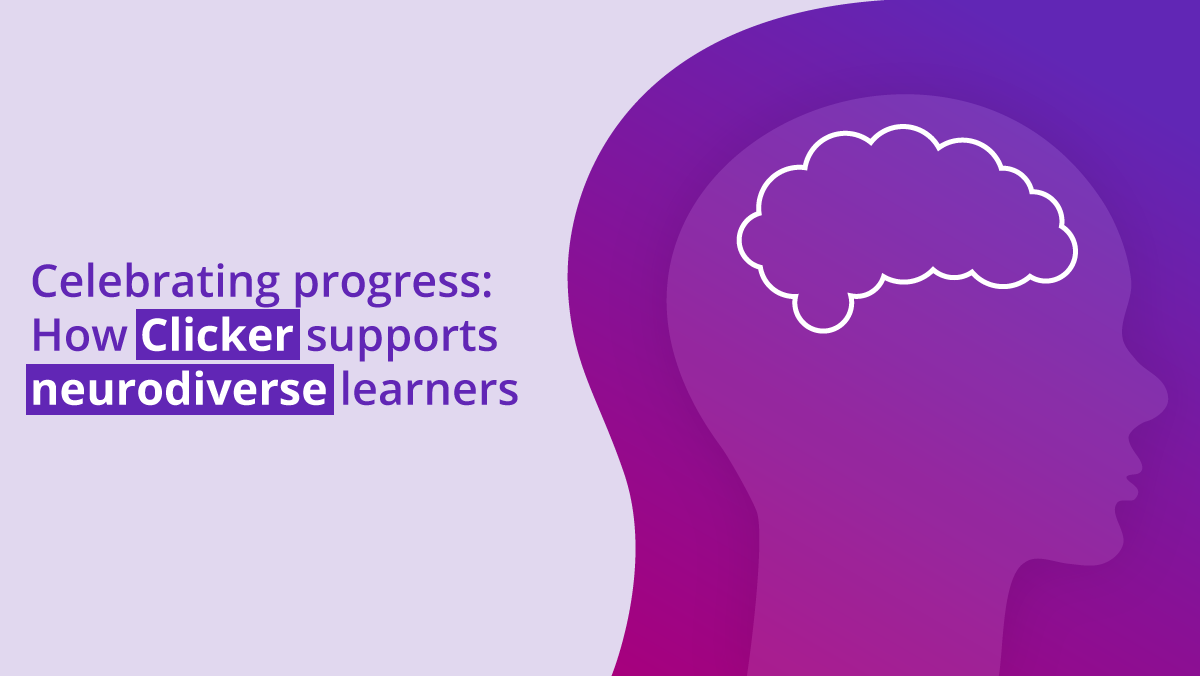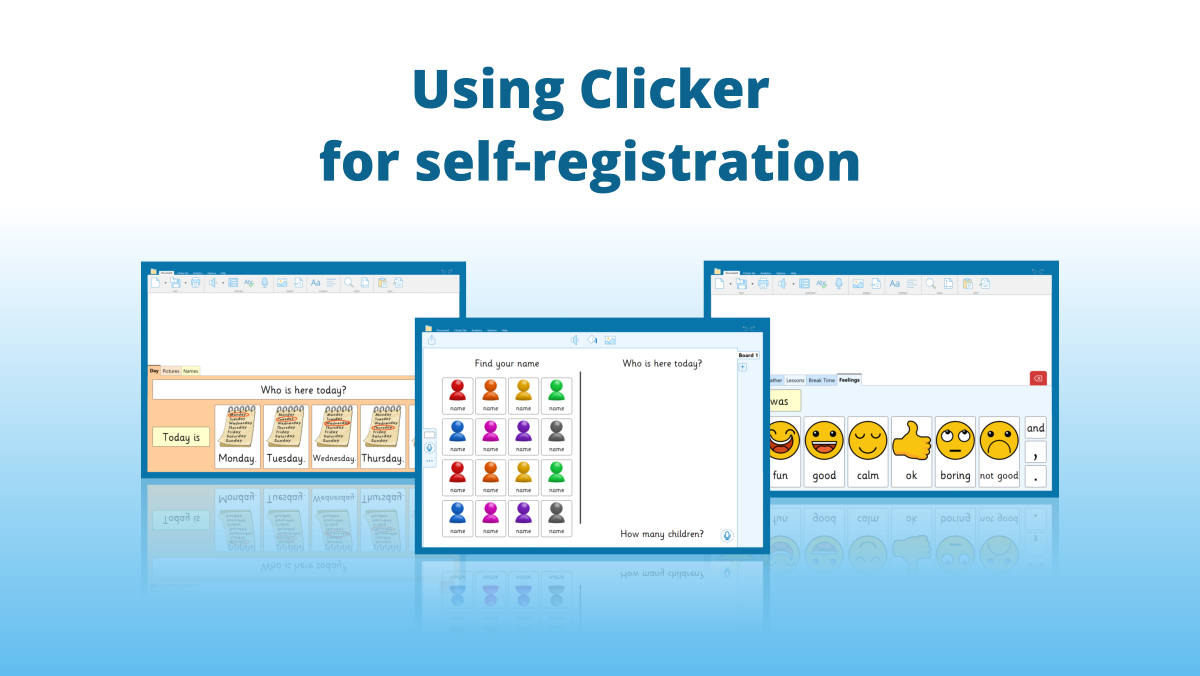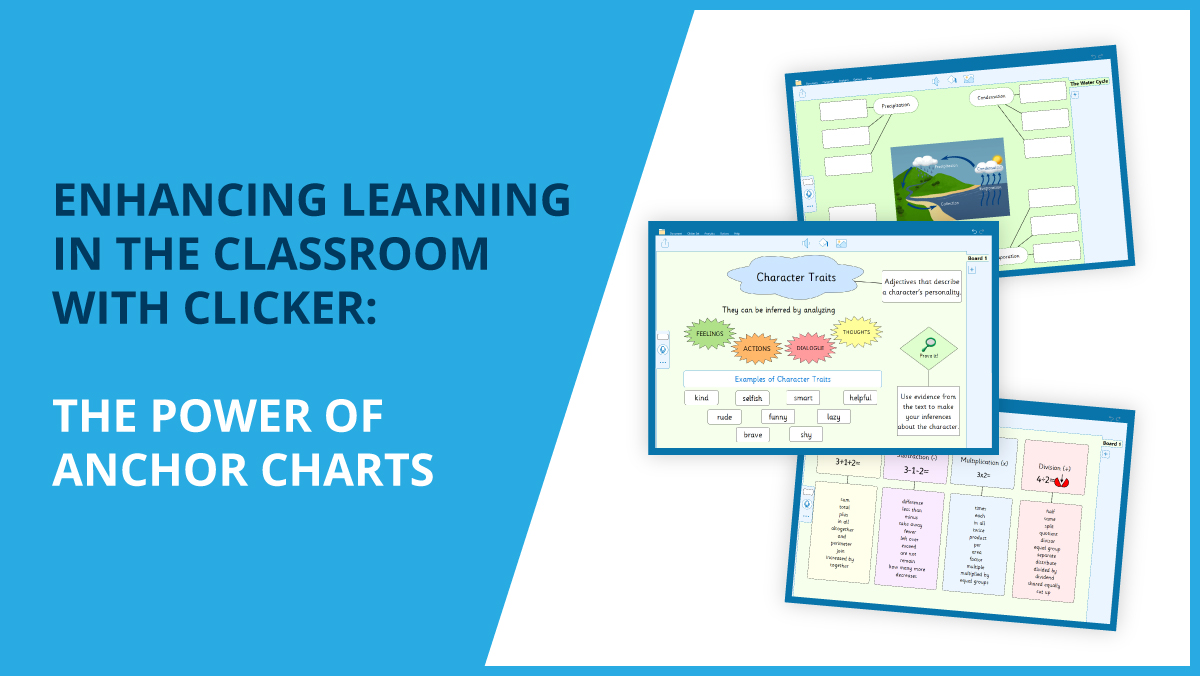DocsPlus can be used to support students who require the following additional access arrangements for exams:
- word processor
- reader
- scribe
DocsPlus’ ‘Exam Mode’ can be easily customised for various student scenarios.
Using DocsPlus as a word processor:
If a candidate is using DocsPlus as a word processor only, then the speech feedback, spell checker, Predictor and DocReader must all be turned off.
The JCQ stipulates that a word processor cannot be granted to a candidate just because they now want to type rather than write in examinations. The use of a word processor must reflect the candidate’s normal way of working within the centre and be appropriate to the candidate’s needs.
Using DocsPlus as a computer reader:
5.5.2
Computer software which accurately reads out text, (including synthetic speech software stored on a memory stick) but does not decode or interpret the paper, may be used as a computer reader.
5.5.5
A computer reader/reader will be awarded on account of:
Joint Council for Qualifications - Access Arrangements and Reasonable Adjustments 2019 - 2020
- cognition and learning needs;
- communication and interaction needs;
- a medical condition;
- sensory and physical needs;
- social, mental and emotional needs.
If the candidate is using DocsPlus solely as a reader, then they are only able to use the DocReader tool to have the exam paper read aloud.
However, if the candidate is using DocsPlus as a word processor and a reader, then they may use the word processor, speech feedback (to hear their own work read back to them) and the DocReader.
If the candidate is using DocsPlus as a scribe, then they may use the word processor, speech feedback, spell checker and Predictor, but the DocReader must be turned off. However, if they are using DocsPlus as a reader and a scribe, then all of DocsPlus’ features may be turned on.
Frequently Asked Questions
Is DocsPlus approved by my exam board?
The JCQ and SQA do not approve specific technology brands or products. They instead allow for certain elements of technology to be used in exams – such as word processors, computer readers and computer scribes. DocsPlus’ Exam Mode is compliant with this criteria and is already being used by a number of schools in exams.
What can a computer reader do that a human reader cannot?
A computer reader can be used in exams that test reading, like English Language exams, as it lets the candidate access the text independently.
The JCQ guidelines state for English Language exams: “A candidate may however use a computer reader in the section of the paper that assesses reading. A computer reader allows the candidate to independently meet the requirements of the reading standards.”
DocsPlus can also be used in English Literature exams: “Reading is not being assessed in GCSE English Literature. A reader or computer reader would be permitted.”
Does DocsPlus support speech-to-text?
No. In our experience it is difficult to have speech-to-text as a normal way of working in a classroom setting. Instead, children who qualify for a scribe use DocsPlus to type their answers, with additional support from the Predictor and spell checker.
Do I have to scan in the exam paper?
No, you can request a PDF copy from the exam board in advance of the exam.
How do candidates fill out the PDF?
This will depend on where in the UK you are. If you are in England and Wales, your exams will fall under the JCQ. In this instance, candidates cannot write into the PDF itself, but into the Document instead.
However, if you are in Scotland, the SQA allows candidates to write directly into the digital paper.
What happens if the candidate’s computer crashes during the exam?
DocsPlus includes an autosave feature that saves every minute, so in the event of a computer crashing the work will be retrievable.
How can I find out more about using DocsPlus in exams?
- Visit www.cricksoft.com/DocsPlus
- Call 01604 671691 or email info@cricksoft.com to arrange a free staff demonstration.
You can download a PDF version of this guide here.





